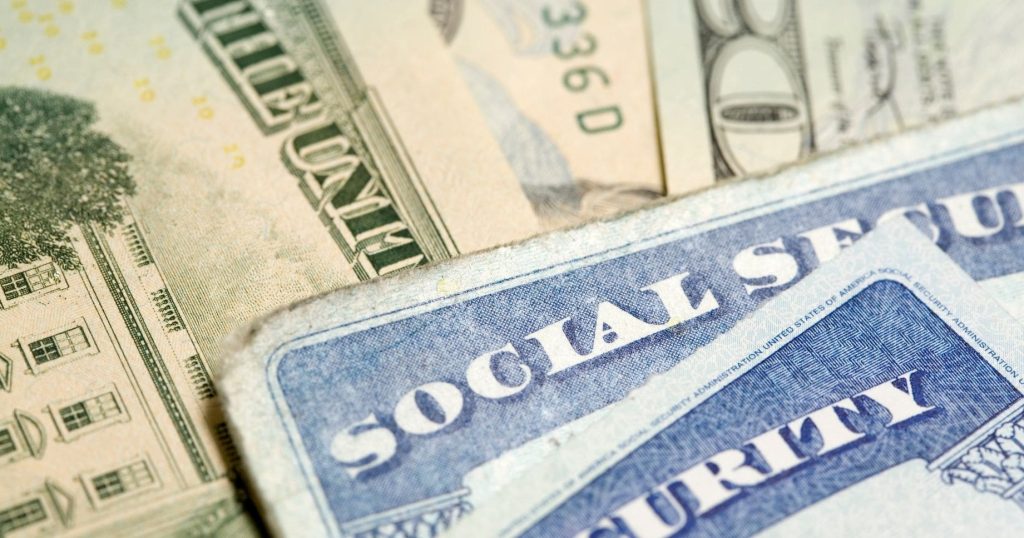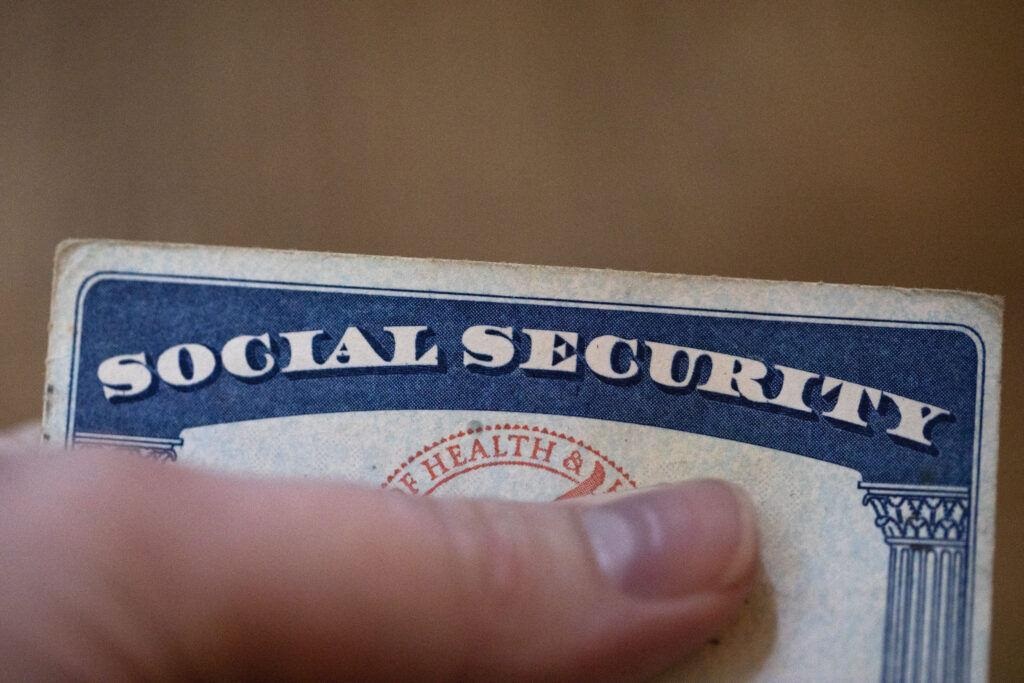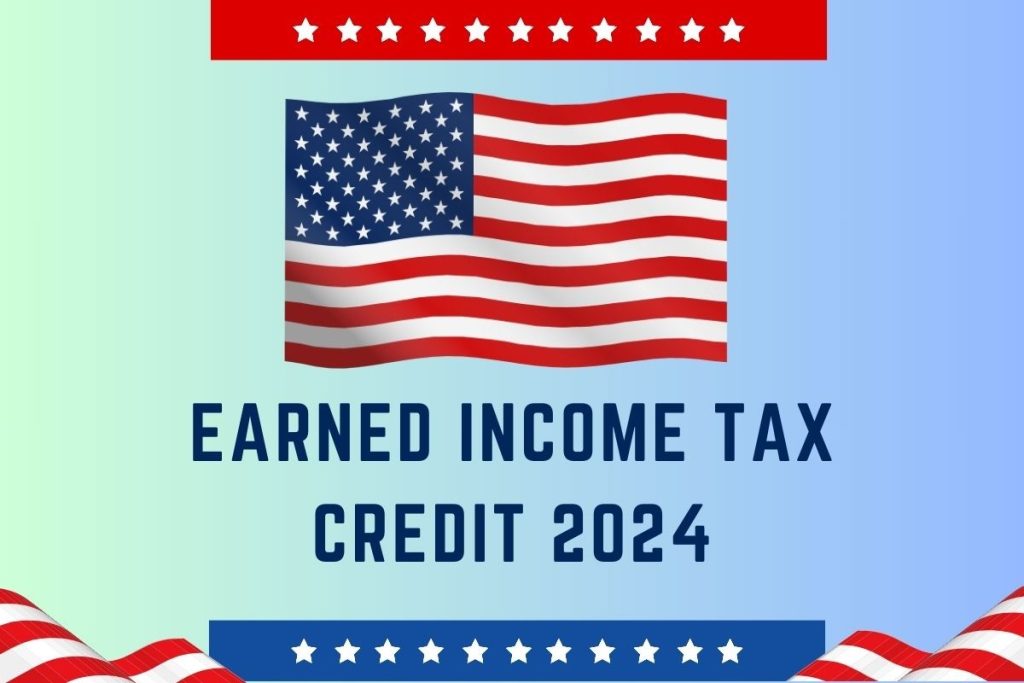Get your Social Security payments in February payments reached up to $4,873. Learn about eligibility and factors affecting your benefits. Discover more now!

Maximize Your Benefits: Get your Social Security Payments in February Up to $4,873
In less than a week, the much-anticipated kick-off of Social Security Payments in February is set to unfold. Individuals retiring at 70 with the highest earnings stand to receive a substantial sum of up to $4,873. According to the schedule released by the Social Security Administration, beneficiaries born between the 1st and 10th of the month can expect their initial payment on Wednesday, February 14. Meanwhile, those born after the 11th can anticipate their disbursements in subsequent distributions on either February 21 or 28.
Factors influencing the extent of Social Security payments are multifaceted. The sum an individual receives can fluctuate based on factors such as their retirement age, contributions to the program, and duration of participation in the system. Notably, the age at which retirees opt to commence benefits continues to be the primary influence on their maximum payment amount.
READ ALSO: Unlock Your Earned Income Tax Credit 2024 – Free Assistance from Pisgah Legal Services!
The maximum monthly amount available to retirees is $4,873 at age 70, whereas those who choose to retire early at age 62 can anticipate a monthly sum of $2,710. A maximum monthly benefit of $3,822 is also available to those who retire at the complete retirement age of 67.
It’s important to emphasize that not all beneficiaries will receive the highest payment amounts. However, individuals can access personalized estimates of their monthly benefits through the SSA’s calculator. The 2024 payments reflect a 3.2% increase compared to the previous year, attributed to the annual adjustment for the cost of living.



